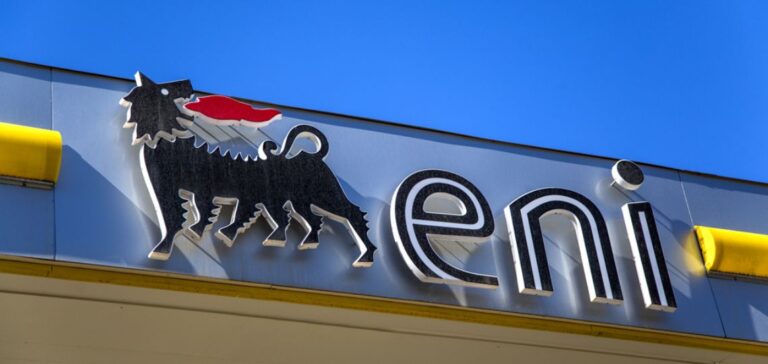In January 2020, the Italian Competition Authority had accused Eni of false advertising, claiming that the company had misled its customers with advertisements for Eni Diesel+. These ads confused Eni Diesel+ fuel with its biodiesel component, called “Green Diesel”, by attributing unfounded environmental benefits to them. The terms “Green Diesel”, “green component” and “renewable component” were deemed misleading, since the end product was still diesel, which naturally pollutes.
Council of State decision
The Conseil d’Etat, ruling on the case four years after the fact, rejected the Competition Authority’s allegations. The court ruled that the use of the term “green” was legitimate even for products that are still polluting but have less impact on the environment than more harmful alternatives. This decision supports Eni’s argument that the use of ecological terms was justified given that Eni Diesel+ contained 15% biodiesel (HVO), making it less polluting than traditional fuels available at the time.
Reactions and implications for Eni
In response to the decision, Eni expressed relief, noting that the case had caused significant economic and reputational damage. The company also pointed out that this decision ended a period of protracted legal challenges.
This decision is significant for the entire energy sector, as it could set precedents for how companies can legally market their products using green terms. It highlights the complexity of balancing truthful marketing with the promotion of more sustainable practices.





















